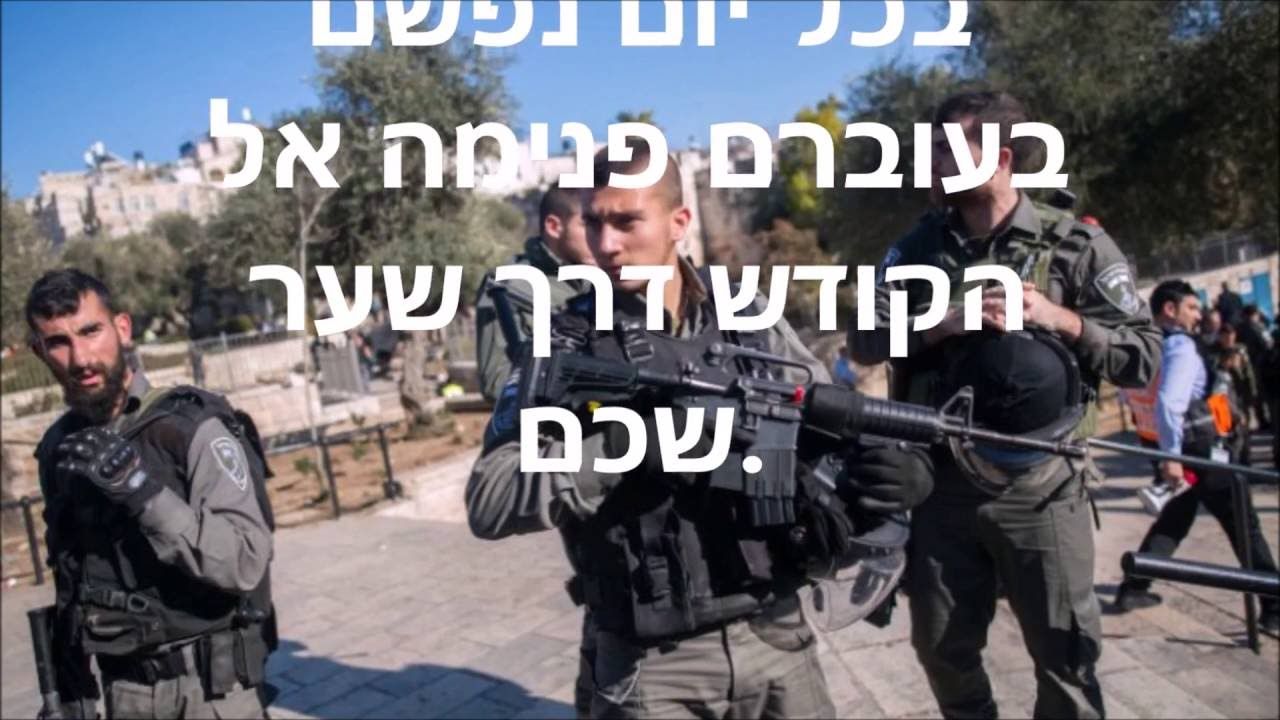Barchi Nafshi
Bless Hashem, O my soul. Hashem, my G-d, You are very great; You have donned majesty and splendor; cloaked in light as with a garment, stretching out the heavens like a curtain. He Who roofs His upper chambers with water; He Who makes clouds His chariot; He Who walks on winged wind; He makes the winds His messengers, the flaming fire His attendants; He established the earth upon its foundations, that it falter not forever and ever.
The watery deep, as with a garment You covered it; upon the mountains, water would stand. From Your rebuke they flee, from the sound of Your thunder they rush away. They ascend mountains, they descend to valleys, to the special place You founded for them. You set a boundary they cannot overstep, they cannot return to cover the earth.
He sends the springs into the streams, they flow between the mountains. They water every beast of the field, they quench the wild creatures' thirst. Near them dwell the heaven's birds, from among the branches they give forth son. He waters the mountains from His upper chambers, from teh fruit of Your works the earth is sated.
He causes vegetation to sprout for the cattle, and plants through man's labor, to bring forth bread from the earth; and wine that gladdens man's heart, to make the face glow from oil, and bread that sustains the heart of man. The trees of Hashem are sated, the cedars of Levanon that He has planted; there where the birds nest, the chassidah with its home among cypresses; high mountains for the wild goats, rocks as refuge for the gophers.
He made the moon for festivals, the sun knows its destination. you make darkness and it is night, in which every forest beast stirs. The young lions roar after their prey, and to seek their food from G-d. The sun rises and they are gathered in, and in their dens they crouch. Man goes forth to his work, and to his labor until evening.
How abundant are Your works, Hashem; with wisdom You made them all, the earth is full of Your possessions. Behold this sea - great and of broad measure; there are creeping things without number, small creatures and great ones. There ships travel, this Leviatan You fashioned to sport with. You give to them, they gather it in; You open Your hand, they are sated with good. When You hide your face, they are dismayed; when You retrieve their spirit, they perish and to their dust they return. When You send forth Your breath, they are created, and You renew the surface of the earth.
May the glory of Hashem endure forever, let Hashem rejoice in His works. He peers toward the earth and it trembles, he touches the mountains and they smoke. I will sing to Hashem while I live, I will sing praises to my G-d while I endure. May my words be sweet to Him - I will rejoice in Hashem. Sinners will cease from the earth, and the wicked will be no more - Bless Hashem, O my soul. Hallelukah!
- Barchi Nafshi, Tehillim 104
(Beginning with the Shabbat after Sukkot, when Bereishit, describing the creation of the world, is read, we recite Tehillim 104 [along with the 15 Song of Accents - Tehillim 120-134], the lyrical song of tribute to the Creator and His universe.)














































.gif)



